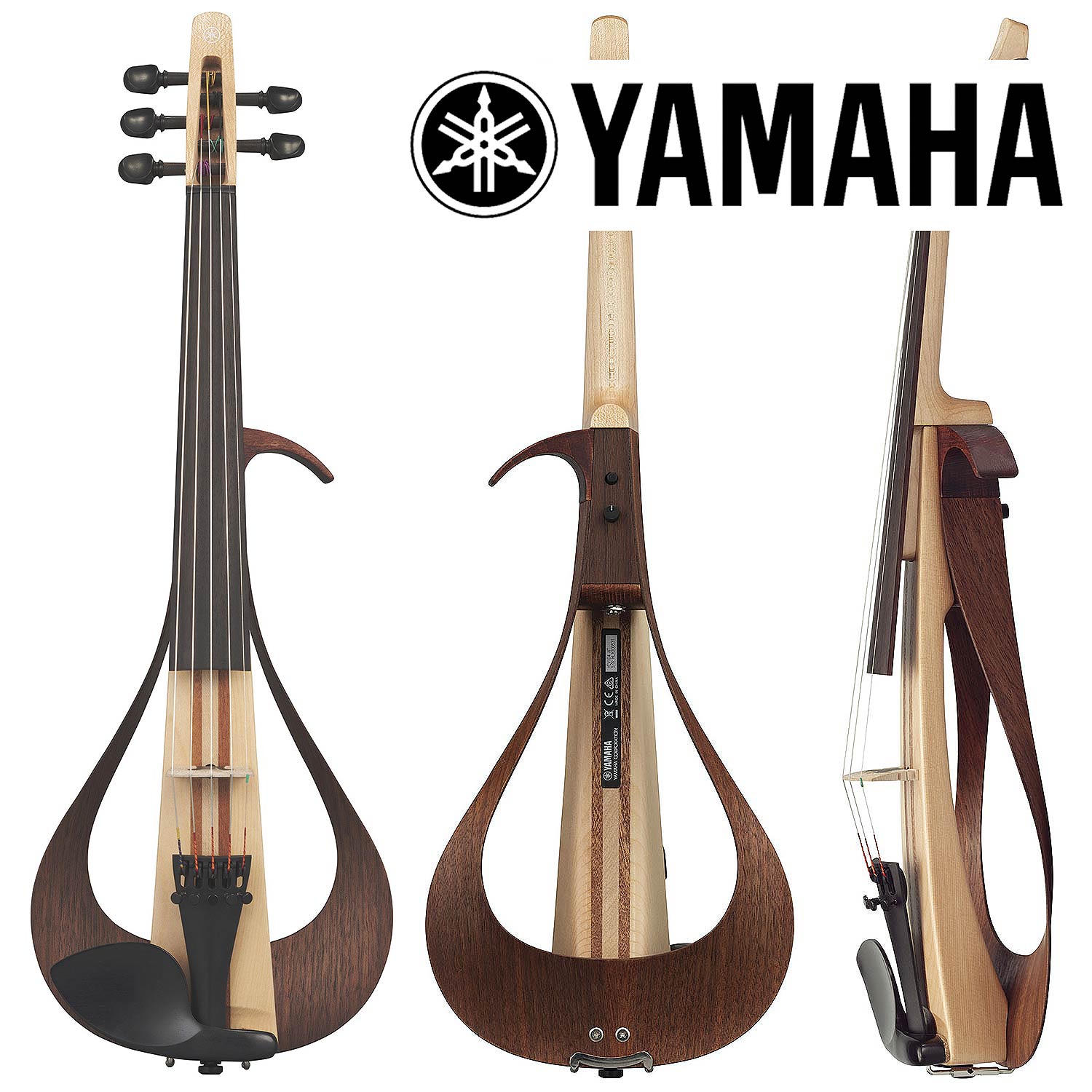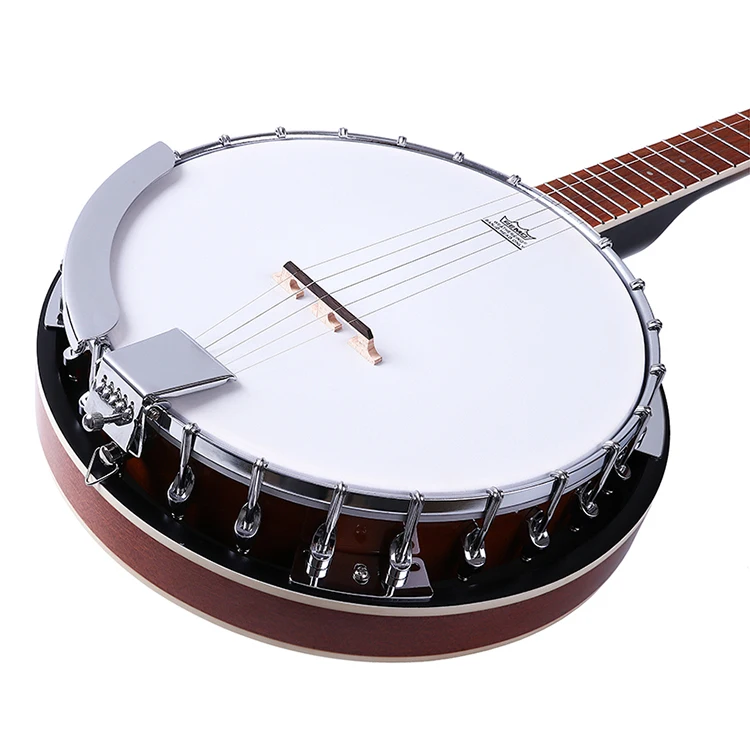
Functionally more important is the question of whether a lute is fretted or unfretted. In the tunings of lutes, though fourths and fifths ( intervals the size of four and five tones of a Western seven-note scale, as C to F and C to G) predominate in many places, any given instrument is likely to be tuned differently from one location, piece, or player to another. Very often there are sets, or courses, of two strings to a pitch, so that an instrument that produces four pitches with open strings actually has eight strings arranged in pairs. Some lutes have only a single string, but the great majority have three, four, or more. Whatever the material, each string must be of equal thickness throughout its length. Most lute strings have traditionally been made of animal intestines (gut), metal, or silk, though nylon has become a common replacement for gut.
FIVE STRINGED INSTRUMENT SKIN
(The belly of the Japanese samisen is preferably made from the skin of a female cat the wooden belly of the Puerto Rican cuatro is best constructed from wood from a female jagrumo tree that has been well seasoned and, if possible, taken from an old house.) Since the late 20th century, synthetic materials have largely replaced skin bellies. Makers lavish great attention on the choice and fashioning of material for the belly: if it is of wood, it must be selected and aged with much care and planed to a prescribed thickness if it is of skin, it must be made from only certain materials. The string vibrations of the lute are transferred to the resonating chamber by the bridge, which holds the strings above the lute’s belly the resonator magnifies the vibrations and transmits them to the air. A second subdivision concerns the shape of the instrument for instance, the lute proper has a round back, the guitar a flat one. The two different varieties of lute are distinct in sound and structure, and methods of construction, timbre, history, and symbolic associations differ markedly. Chinese fiddles (bowed lutes) tend to have a skin belly and, like the banjo, an open back. In Japan the wood-bellied lute is the biwa, and the samisen has a skin belly and back. In Iran, for instance, the wood-bellied lute is the ʿūd and the skin-bellied is the tar in the United States it is the guitar and the banjo, respectively. Historically, lutes may be subdivided into those with skin and those with wood bellies in most Eurasian cultures examples of both types exist side by side.

FIVE STRINGED INSTRUMENT HOW TO
COVID-19 Portal While this global health crisis continues to evolve, it can be useful to look to past pandemics to better understand how to respond today.Student Portal Britannica is the ultimate student resource for key school subjects like history, government, literature, and more.Britannica Explains In these videos, Britannica explains a variety of topics and answers frequently asked questions.

This Time in History In these videos, find out what happened this month (or any month!) in history.#WTFact Videos In #WTFact Britannica shares some of the most bizarre facts we can find.Demystified Videos In Demystified, Britannica has all the answers to your burning questions.

Britannica Classics Check out these retro videos from Encyclopedia Britannica’s archives.The theme of historic stringed instruments is a personal interest of mine.

Being a student in Recording Arts, I found it more than appropriate to fine a subject I relate to, I play a few stringed instruments including guitar, bass, mandolin, ukulele and recently violin although, I'm pretty useless at violin thus far. This gallery is in chronological order of when the instruments were created. The gallery includes instruments from different eras and regions of the world but are all stringed instruments or musical instruments that harness the power of vibrating strings through air to produce the sound of varying pitches. It's important to remember these instruments are works of art in and of themselves, hand crafted with both purpose of functionality and to aesthetically pleasing Perhaps even to convey deeper meaning on the individual who created it or the culture they came from. This art gallery looks at the evolution of varies stringed instruments up until the renaissance (around 1600AD).


 0 kommentar(er)
0 kommentar(er)
